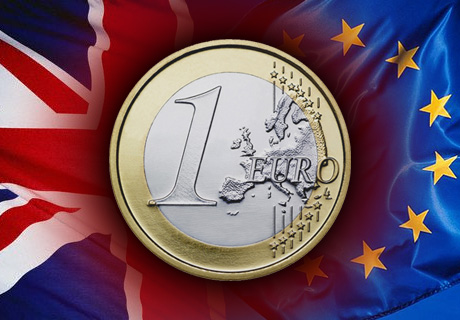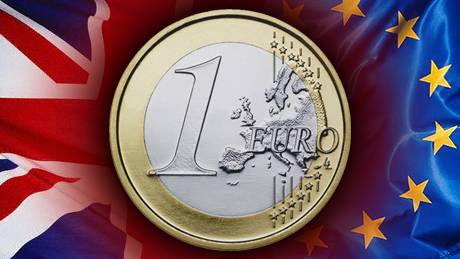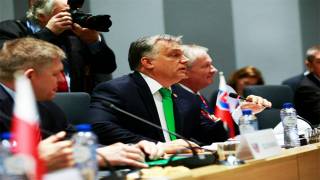UK's payments to EU jump by 60 per cent
Source: telegraph.co.uk

The Treasury statistics show that the UK's net contribution to the EU will increase from £4.1 billion this year to £6.4 billion in 2010/11.
The figures were published in the Treasury's annual Community Finances statement, which was slipped out last month just before parliament broke up for its summer recess.
The revelation will fuel the political debate over whether Britain benefits from being in the EU, after more than a quarter of UK voters in this year's European elections backed parties which want to take Britain out of the EU.
It comes six weeks before Irish voters go to the polls in a second referendum on the Lisbon Treaty, in which a "yes" vote would put the controversial treaty – which transfers national powers to Brussels and creates a powerful new EU president – on course to become law in all 27 member states.
Last night the Conservatives branded government "incompetence" for the rise in contributions. The Opposition said the increased payments were the result of the "selling out" of Britain's annual EU rebate by Tony Blair and Gordon Brown at an EU budget-setting summit 2005.
The latest Treasury figures also show that Britain is currently the second biggest net contributor, behind Germany. The new net UK contribution of £6.4 billion is the equivalent of £257 for every household in Britain – or 3p on the standard rate of income tax.
Britain's budget rebate – won by Margaret Thatcher in 1984 – is to shrink from £5.1 billion this year to £3.3 billion in 2010/11.
The percentage increase in the net contribution between this year and next year is by far the biggest between any two years since 2003, according to the Treasury figures.
In 2003/4 Britain's net contribution was £3.2 billion, and in following years was at £3.9 billion, £4.4 billion, £3.5 billion, £4.2 billion and £3.0 billion before hitting £4.1 billion this year under current spending plans.
Britain's EU rebate was designed to compensate the UK for the high costs of the Common Agricultural Policy (CAP), which benefits Britain much less than other countries because of its relatively small farming sector.
Before the last big round of EU negotiations, Mr Blair promised parliament that the "UK rebate will remain and we will not negotiate it away."
However, at the European Council in December 2005 Mr Blair negotiated away around 20 per cent – or £7.2 billion – of the rebate Britain would have received over the period 2007 to 2013.
As part of the "deal", Britain received promises of cuts to the CAP subsidies paid to farmers. However, these have not so far been forthcoming, with the French government digging in its heels over plans to reform the CAP.
The December 2005 negotiations saw allies of Mr Brown, then the Chancellor, claiming that the former prime minister had gone against the wishes of the Treasury – sparking a fresh battle in the long running political war between the two men.
However, in 2007 it was reported that Mr Brown had caved in and agreed to rubber stamp the original deal.
Last night Philip Hammond, the shadow chief secretary to the Treasury, said: "The consequences of Labour's rebate sell-out are becoming clear, if only in these buried figures. Gordon Brown and Tony Blair signed billions of pounds of our money away in return for absolutely nothing.
"At a time when our economy is in recession and public service budgets are under pressure, Labour's incompetence is allowing billions of pounds to be siphoned off to Brussels."
At the European elections in June, the UK Independence Party, which wants to take Britain out of the EU, secured 16.5 per cent of the vote, pushing Labour into third place. Votes for other parties which advocate withdrawal, including the British National Party, English Democrats and Socialist Labour Party, took the total Eurosceptic vote to more than 26 per cent.
After Germany and the UK, the biggest net contributors to the EU budget are the Netherlands, France and Italy. The biggest net beneficiaries are Greece, Poland and Spain.
Source: telegraph.co.uk






















